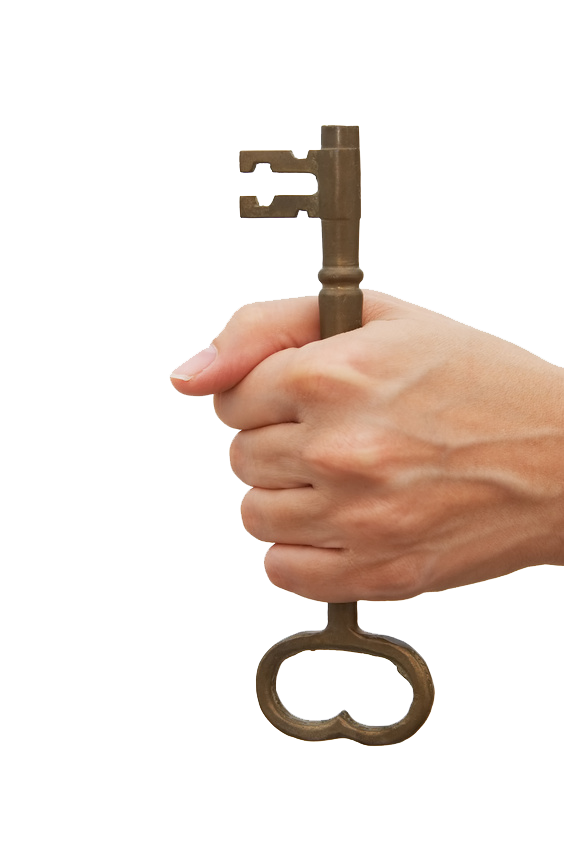CARL WATTS & ASSOCIATES
June 13th, 2011

|
Washington DC
|
tel/fax 202 350-9002 |
House Exchange
|
Troubles viewing this message? View in browser online here
|
|
With this title, you are probably thinking of house exchange as the economical, comfortable way to vacation far from home, which seems to have been popular for some time now. But this is not what we have in mind. |
|
|
|
The house exchange this newsletter is about is also called house trading, as well as permanent house swapping, and is another feasible alternative to selling and buying a house. Simply put “I buy your house and you buy mine”, meaning two homeowners (or sellers) agree to purchase one another’s homes.
|
|
|
|
Real estate experts presume that this more unconventional alternative is steadily gaining popularity for two main reasons:
|
|
|
 |
|
So, what reasons would you have to consider this option?
|
|
House trading is another choice for people who are having a hard time selling their home, either because of the declining market or because of a hard to sell property, but who find it necessary to do so for various reasons.
|
|
They may need to buy a new home because the present one is too small or too big; because they have a good job offer in a different location; because they need to move closer to their family.
|
|
If you are in a similar situation, trading houses may offer you a number of advantages:
|
|
|
|
|
|
|
|

| So, how does house trading work? |
|
The two parties (homeowners) enter into a written agreement that the homes will be sold to each other on the same day, at the same time. The agreement states that either both homes are sold or neither of them are sold.
|
|
Once the homes are closed on, the parties vacate their property and assume responsibility of the other property. In order for the swap to work the two parties must both agree upon the swap and must have the ability to leverage the properties; either in existing equity, borrow power or cash.
|
|
|
|
If house trading looks like a suitable option for you, here are a few steps and aspects you should consider:
|
|
|
|
|
|
|
|
House trading is not for everyone; you may have to become more flexible and be willing to settle for something other than your dream house. But in times like these, you may want to consider all the options.
|
|
If you are motivated to move based on various factors (i.e. employment, marital status, financial considerations, etc.) you may want to be more open to the idea of an exchange and less concerned with property amenities if the move can help you to meet specific needs, avoid a short sale, or prevent foreclosure.
|
|
As far as the IRS is concerned, if you have gain from the sale of your main home, you may qualify to exclude all or part of your gain from your income on your tax return. If you meet the ownership test, the use test, and you did not exclude gain from the sale of another home during a two-year period before the date of the sale, you may claim an exclusion of up to $250,000 if single and $500,000 if married filing jointly.
|
|
And, by the way, don’t forget to check our next newsletter, especially if you are a real estate investor, or just have a second home, a vacation home, or a rented piece of property that you would like to use in a “like-kind” real estate exchange.
|
 |